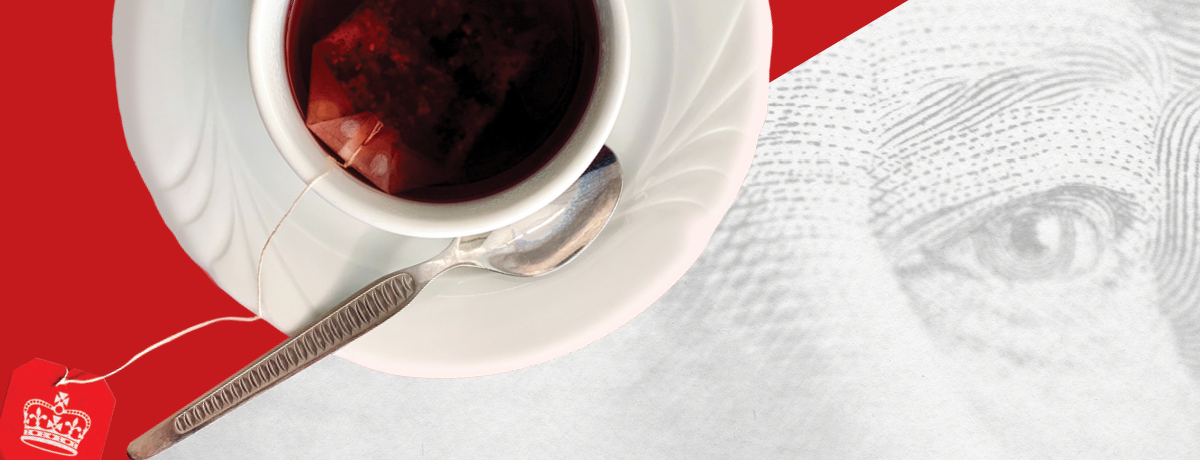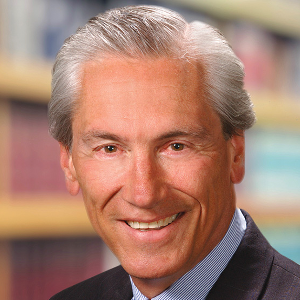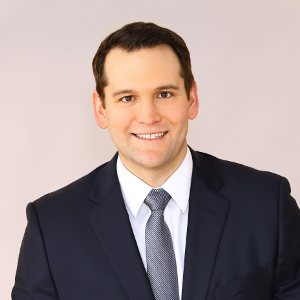When Queen Elizabeth II died on September 8th of this year, following a 70-year reign as the Head of the Commonwealth and four years short her centenary, the flags at Buckingham Palace and other royal buildings were lowered to half-mast. Images coming out of the United Kingdom depicted a nation in mourning. Her son, King Charles III, became the immediate successor of the monarchy.
In Canada, Prime Minister Justin Trudeau stated, “Canada’s longest-reigning Sovereign…was a constant presence in our lives—and her service to Canadians will forever remain an important part of our country’s history… Canadians will always remember and cherish Her Majesty’s wisdom, compassion and warmth.”
On social media, reactions from ordinary Canadians ranged from expressions of grief and fond remembrance to one Twitter user’s impassive observation that “Canadian currencies are about to have a gender change.”
In practical terms, not much changed in Canada following the Queen’s death. Despite the Twitter observation above, there has of yet been no change in the images on Canadian currency. However, the day the Queen passed away, four provinces changed the names of their courts from “The Court of Queen’s Bench” to “The Court of King’s Bench,” as per legislative requirements, and provinces that allow for the designation of “Queen’s Counsel” will change the title to “King’s Counsel.” In criminal matters, the names of cases will likely change from Regina to Rex. Oaths to the Queen will now be to the King. From a legal perspective, therefore, the Queen’s death has mostly brought about purely terminological changes.
But one less-explored change which could have the most implications, especially for its citizens, is the idea of abolishing the monarchy in Canada.
Does Canada Want to Abolish the Monarchy?
In the days following the Queen’s death, Canadians’ opinions on the monarchy were surveyed by Ipsos, the world’s third-largest market research company. It found that 82% of Canadians thought the Queen had done a good job in her role as monarch. However, it also found that fewer than 56% were confident that King Charles III would do an equally good job, and roughly half (54%) agreed that with the end of the Queen’s reign, Canada should end its formal ties to the British monarchy.
“However, if you remove Quebec [of which 79% of respondents said they wanted to cut ties with the monarchy] from the equation, a majority support keeping the monarchy in Canada,” explained Sean Simpson, senior vice-president of Ipsos Public Affairs. “So there's a consensus in Quebec that we should be moving on, but there is nowhere close to a consensus in the rest of the country.”
Additionally, as noted by Allan C. Hutchison, a legal theorist and law professor at Osgoode Hall Law School at York University, the monarchy’s role in Canada has evolved into one that is mainly ceremonial.
“The monarchy in Canada has a very limited role,” Hutchison explained. “There are clearly ceremonial aspects that mean that the monarchy is seen as the head of state, but not in any serious way. There's very little that the monarch can do without the approval or acquiescence of the Prime Minister.”
UK-born Hutchison’s opinion on the monarchy, however, is unashamedly unfavourable. “I’m not a fan of the monarchy. I feel that in 2022, the idea of having kings and queens is playing silly, particularly in Canada. After all, we are supposed to be a democracy. And I've never been clear about how the notion of hereditary royalty fits with that. It's an elitist institution that has no place in a functioning democracy.”
To Aaron Mills, an assistant professor and Canada Research Chair in Indigenous Constitutionalism and Philosophy at McGill University’s Faculty of Law, the monarchy is mainly symbolic, though its symbolism and role are not the same for all Canadians. “I think for most non-Indigenous Canadians, there’s an understanding that the monarchy reflects our history, including our constitutional history, and how we came to be the country that we are today, although there’s also the worry that the idea of a monarch flies in the face of democratic authority that each citizen is supposed to have.”
“For Indigenous peoples, there’s also a worry about freedom, but it cuts in a very different direction,” Mills expanded. “For many of us, the significant symbolic value of the monarchy has nothing to do with republicanism whatsoever. It's that the relationship that we created with the monarchy, specifically the treaty relationships, allowed for the development of a community here beyond our own, and that is what allowed for other folks to come in and make this their home. And that symbol really matters because it reflects our understanding of treaty.”
Can Canada Abolish the Monarchy?
Currently, the British monarchy rules over 15 remaining realms, including Canada.
In Canada, abolishing the monarchy would require a constitutional change. Under the 1982 Constitution Act, Canada would need the approval of both the House of Commons and the Senate as well as the unanimous consent of all ten Canadian provinces.
“It’s possible, but not likely,” Hutchison affirmed. “I think it's a non-starter in Canada because I can’t see a scenario in which we would do that. Inevitably, one province would hold out and say, ‘well, we'll agree as long as you give us X, Y and Z.’ So I think in practical political terms, it's not going to happen.”
To Simpson, Ipsos’ polling results show inertia in this regard. “There is nowhere close to the relative consensus that is needed in order to invoke constitutional change.”
Should Canada Abolish the Monarchy?
When it comes to the possibility of abolishing the monarchy, Mills explained that, for Indigenous peoples, the existing treaties with the monarchy are not simple contracts. Instead, the treaties were, and remain, a formal acknowledgement of a relationship established through kinship. As such, “the treaties were not a secession of our land and jurisdiction and authority. Rather, we were burdening Her Majesty with care responsibilities, and they are significant responsibilities.”
Therefore, in Mills’ opinion, the monarchy would still be bound by existing treaties if there were to be a successor regime. “So it wouldn't make any difference,” Mills opined. “We don't see a treaty as a contract that someone else can just come along and continue to faithfully execute; we see it as a relationship. And if it's a relationship, the parties actually matter, the identity of the parties actually matters, the nature of the relationship actually matters. In our constitutional order, the relationship was established through kinship.”
Thus, to Mills, what's at stake with the prospect of removing the monarchy is the total formal abandonment of that relationship. The fear is that “it's no longer something we can even go back to; it just disappears altogether. Indigenous folks are deeply dissatisfied for the most part, but our hope is always that our kin will come around and start behaving well and living up to the responsibilities that allowed them to be here in the first place.”
For his part, Hutchison does not see any real point in abolishing the monarchy. “I think there's a lot of talk here about it that doesn't add up to very much. I think it's a little bit of a red herring. I don't think much will change. And I think there are many other significant issues that we need to deal with if we're going to make changes to the Constitution. And I think we could do a lot of things informally to cut back on any particular reliance on a monarch. We don’t need a formal amendment to the Constitution, but we could simply proceed as if the monarchy doesn’t exist.”
Because regarding Canada’s formal abolition of the monarchy, in Simpson’s words: “It ain’t gonna happen.”


























